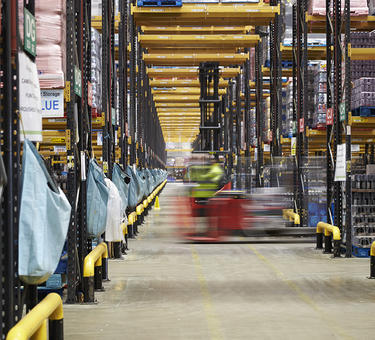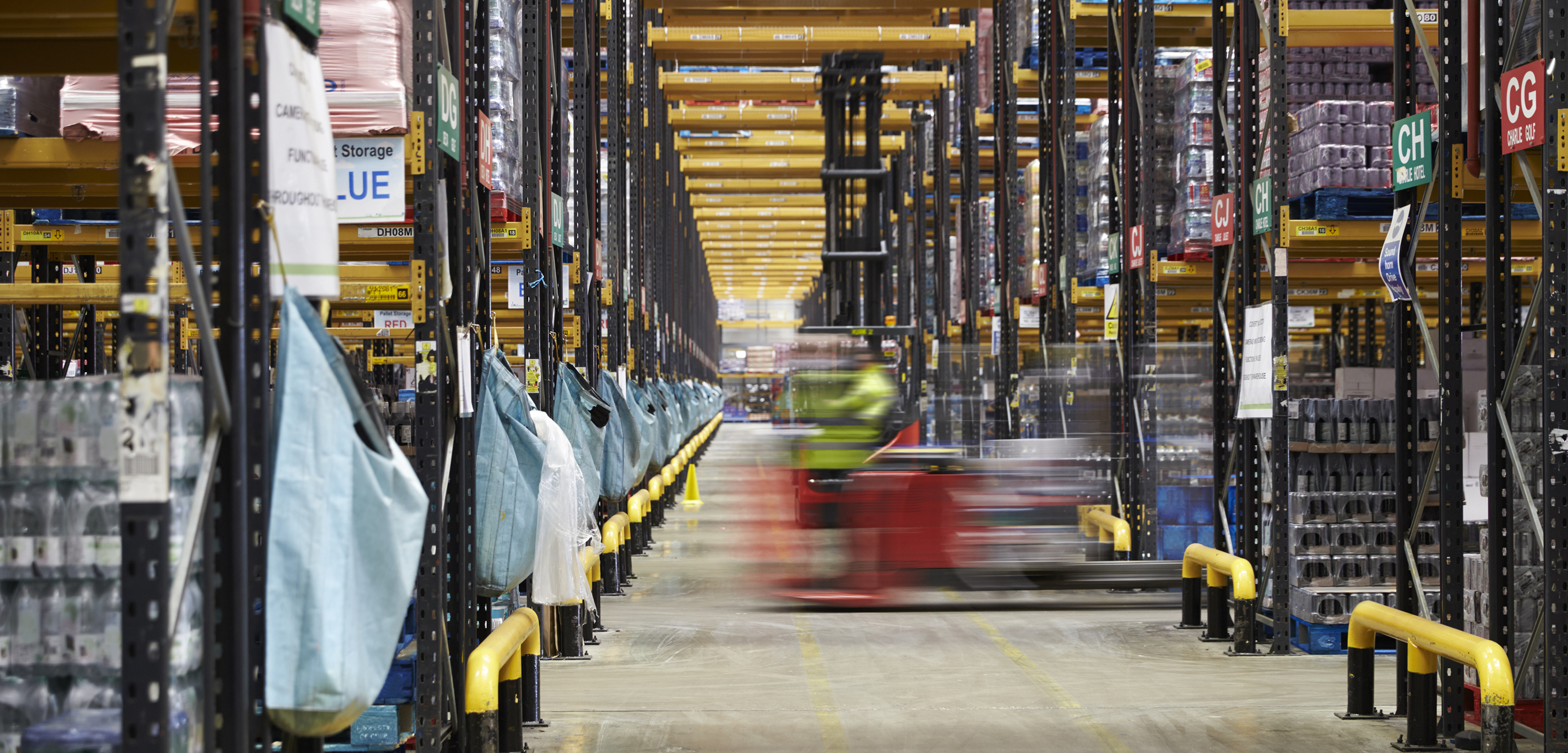At a time when the global supply chain is under ever-increasing strain, transformation and innovation are the only way forward. Groundbreakers, which comprises a digital magazine and annual event series, highlights the trends and trendsetters shaping the future of the global flow of goods. It sheds a spotlight on how innovative firms are deftly adapting and proactively driving change in the industry. It is a tribute to the visionary leaders and companies that are charting a new course for the industry.
The announcement made by Amazon in mid-May 2022 of plans to reduce approximately 10 million square feet (approximately 930,000 square meters) of warehouse space sent shock waves throughout the industrial infrastructure sector and the supply chain market as a whole. Many began to question whether this move by the U.S. e-commerce giant would lead to a downturn in the supply chain market. The obvious answer is no.
1. Demand is growing and the infrastructure vacancy rate remains low
Recurrent outbreaks of the coronavirus disease have left many industries continually on edge. However, the industrial real estate market held steady in April, continuing its upward trend since the first quarter. All the data seems to be sending out a strong signal to the outside world that the current performance of warehousing customers is at a stark contrast to the pessimism of the e-commerce giant regarding the industry as reported in the above news.
As the economy picks up momentum, supply chain partners need to expand inventory and build more leased space to meet customer demand. In the U.S., for example, the vacancy rate for U.S. industrial infrastructure was at a record low of 3.2% in the late first quarter. And given the supply and demand dynamics at the time, warehousing in the U.S. market was on track to be full in just six months. Such supply-demand interactions are captured precisely by Prologis True Months of Supply, a new metric introduced in the first quarter by Prologis.
The global economic landscape is complex and volatile, and the retail industry is facing many uncertainties. As some economists have predicted, supply chain market dynamics as well as Prologis’ recommendations for the supply chain market could change if retail sales in the U.S. market slow further in an economic contraction. However, the overall fundamentals of the industrial infrastructure market are now far more optimistic than expected. The role of the supply chain in the consumer industry is as crucial as it ever has been.
2. The latest data suggests the overall supply chain market has been left relatively unscathed
We can get sufficient proof in the latest supply chain index of industry and commerce activities released by Prologis. There are three phenomena that merit deep consideration by the whole industry.
First, with growing consumer demand, the market supply chain bottlenecks are easing. In April, China’s imports grew by 12.7%. On a seasonally adjusted basis, market retail sales grew 0.8%. The Prologis Industrial Business Indicator (IBI) rose to 68.3 (> 50 means positive growth) from 65.4 at the end of the first quarter of 2021 and 67.4 in the previous month. Such data sets have become a key indicator for assessing the U.S. industrial infrastructure needs.
Second, increasingly diversified e-commerce will not stall due to adjustments in one company’s market plans. Prologis leasing data shows that non-Amazon customers account for 85% of new e-commerce leases as of the first quarter of 2022, well up from 66% in 2020.
In fact, Prologis advises that businesses plan ahead to readily meet customer demand. On the current market, the race for facility space in the epidemic era continues, evidenced by extremely low vacancy rates, record low real-time monthly supply, and high utilization (85.6%).
Although Amazon is the leader in e-commerce, what it does cannot be used to reflect the development of the entire U.S. logistics real estate market. On the whole, the current e-commerce industry is developing rapidly, and the supply chain industry, which is a key pillar for e-commerce, has always been instrumental.
Therefore, Prologis believes that this event will not produce too much volatility in the overall supply chain market from the perspective of the long-term development of the industry.



